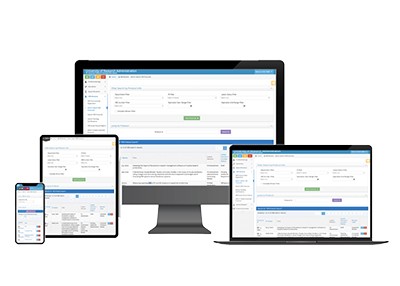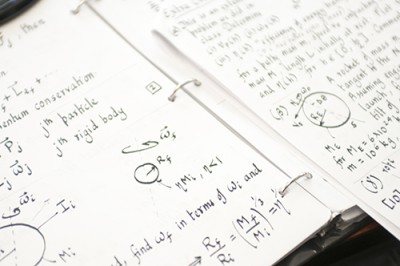Synopsis.
The Major Research Instrumentation (MRI) Program serves to increase access to multi-user scientific and engineering instrumentation for research and research training in our Nation's institutions of higher education and not-for-profit scientific/engineering research organizations. An MRI award supports the acquisition or development of a multi-user research instrument that is, in general, too costly and/or not appropriate for support through other NSF programs.
MRI provides support to acquire critical research instrumentation without which advances in fundamental science and engineering research may not otherwise occur. MRI also provides support to develop next-generation research instruments that open new opportunities to advance the frontiers in science and engineering research. Additionally, an MRI award is expected to enhance research training of students who will become the next generation of instrument users, designers and builders.
Track 1 and 2 proposals are for either acquisition or development of a research instrument, while Track 3 is for acquisition, development, and maintenance of equipment and instrumentation to reduce consumption of helium. Each performing organization may submit in “Tracks” as defined below, with no more than two submissions in Track 1, no more than one submission in Track 2, and no more than one submission in Track 3.
- Track 1: Track 1 MRI proposals are those that request funds from NSF greater than or equal to $100,000 and less than $1,400,000.
- Track 2: Track 2 MRI proposals are those that request funds from NSF greater than or equal to $1,400,000 up to and including $4,000,000.
- Track 3: Track 3 MRI proposals are those that request funds from NSF greater than or equal to $100,000 and up to and including $4,000,000 for requests that include the acquisition, development, installation, operation, and maintenance of equipment and instrumentation to reduce consumption of helium.
For the next five (5) years beginning with the FY 2023 MRI competition, cost sharing requirements are waived. National Science Board policy prohibits voluntary committed cost sharing.
The MRI Program especially seeks broad representation of PIs in its award portfolio, including women, underrepresented minorities and persons with disabilities. Since demographic diversity may be greater among early-career researchers the MRI program also encourages proposals with early-career PIs and proposals that benefit early-career researchers.
Full Solicitation. NSF 23-519
Limit on Proposals. The MRI program requires that an MRI-eligible organization may, as a performing organization, submit or be included as a significantly funded Subawardee in no more than four MRI proposals. Each performing organization is now limited to a maximum of four proposals in “Tracks” as defined above, with no more than two submissions in Track 1, no more than one submission in Track 2, and no more than one submission in Track 3. Any MRI proposal may request support for either the acquisition or development of a research instrument for Tracks 1 & 2, for Track 3 the equipment or instrumentation must be to reduce the consumption of helium. Within their submission limit, NSF strongly encourages organizations to submit proposals for innovative development projects.
Internal Applications. Interested applicants are invited to submit a concept paper of up to three pages addressing the following elements:
- (Development proposals only) A justification of how your proposal qualifies as a development proposal.
- Research activities to be enabled. Please list the specific research activities/areas to be enabled and research question(s) to be addressed.
- Describe the user base (faculty and students) for the instrument.
- Provide details on how this equipment is a strategic investment in growing research for RIT.
- Summarize results from prior NSF support.
- Provide a technical description of the instrumentation. Comment on the existence and availability of comparable instrumentation at RIT or in close proximity.
- Summarize how the proposal will address the broader impacts review criterion.
- Discuss the management plan for the instrument.
- Include an estimated total project cost.
- Applicants should refer to the five elements of the merit review criteria in the full solicitation and briefly describe how each element will be addressed.
- Previous applicants may include any NSF reviews, and a statement on how the reviews will be addressed if selected for resubmission. This will not count toward the page limit.
Deadlines. Internal proposals are to be submitted by 5 pm on September 5, 2023 with decisions on what proposals will move forward made by September 15, 2023. Full proposals are due by 5:00 pm on November 15, 2023.




